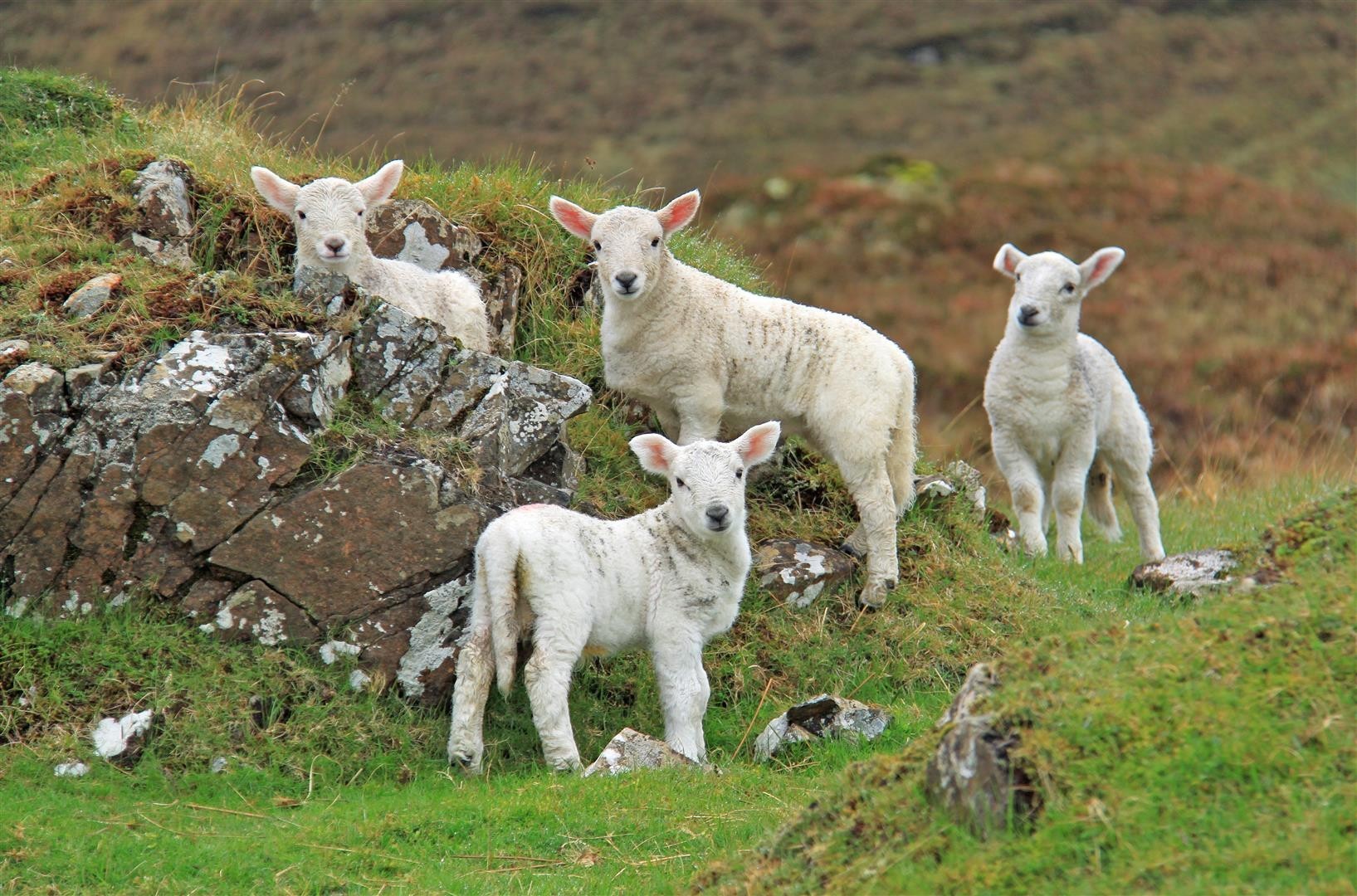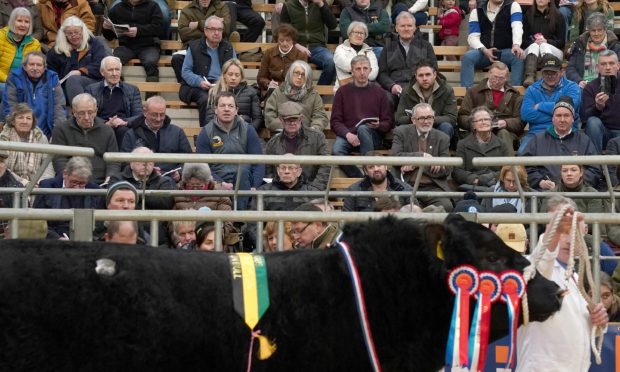The Scottish livestock industry’s fears that Schmallenberg virus will spread north have been realised with the confirmation of two cases in malformed lambs near the border with England.
However, despite growing numbers of affected lambs identified in England and Wales, and the Scottish low ground lambing in full swing, SAC vet experts predict the disease will not be significant in Scotland’s sheep flocks this spring.
SAC’s head of Consulting Veterinary Services, George Caldow said: “We wouldn’t be surprised to see it in a few flocks but I’d be surprised if it was a serious issue”.
Schmallenberg virus (SBV) is spread by midges and if infection occurs for the first time in sheep and cattle at a critical stage of pregnancy, damage to the developing central nervous system occurs. This results in brain and limb deformities in the new born lambs and calves. Many affected lambs are born dead and those that are deformed need to be put down.
Mr Caldow said that limited information suggested that the midge population in some parts of southern Scotland became infected in late autumn. SRUC vets haven’t diagnosed SBV in either early lambing flocks or in all year round calving dairy herds in Scotland over the past winter.
“It is therefore inferred that at the time of maximum midge activity in 2016 there was unlikely to have been SBV present in the midges in Scotland otherwise we would have seen cases in these two categories of animals,” he said.
“The midge population progressively declines as we move in to winter and midge numbers will have been low during the time of maximum vulnerability of the main Scottish spring lambing flock, which is likely to have been December and January. Therefore it may be that only small number of ewes will have been infected with few affected lambs being born and these are more likely to be in flocks in the southernmost part of the country.”
Looking ahead, vets expect the higher risk will be to cattle mated in the summer of 2017 but they add that there may be only limited spread of infected midges in Scotland.
Mr Caldow added: “It may be that if the infection is established in the midge population, there might be a problem with calves born in the spring of 2018, Our best guess is that it won’t be a big problem but we will continue to monitor the situation and advise the industry.”
Farmers seeking advice on possible incidents of SBV in their animals are advised to speak to their vet.










